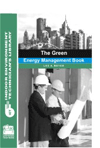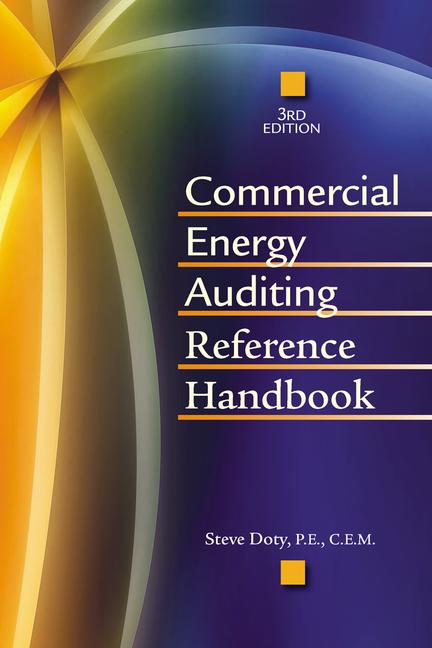Below, find a brief guide to educational resources for applying financial methods in energy procurement and cost control. While most are designed for energy brokers and suppliers, endusers and their consultants could also benefit from accessing such materials.
Getting Started
Minimize "concept shock" by first familiarizing yourself with financial energy products through such websites aswww.nymex.com,www.wrma.org, andwww.cme.com. Take notes and review their glossaries. If you presently buy energy from a nonutility, a chat with that supplier on his financial options offers risk-free exposure to the basics. Sign nothing until you feel fully conversant with the concepts and risks.Make your first dollar investment in a good basic book (or two) on the application of financial instruments to energy purchasing. You won't find such books in the business and economics section at your local bookstore. Here are some of the better choices and where to secure them. Most of these books cost less than $100 each.
- Managing Energy Risk: A Nontechnical Guide to Markets and Trading (Pennwell);
- Trading Natural Gas: A Nontechnical Guide (PennWell);
- Fundamentals of Trading Energy Futures & Options (Pennwell) Pennwell books are available at http://store.yahoo.com/pennwell/;
- Managing Energy Price Risk 3rd Edition: The New Challenges and Solutions (published by the Risk Waters Group, it may be found at www.riskbooks.com under "Products" and "Books")
- Guide to Purchasing Electricity and Gas (Fairmont Press); and
- User's Guide to Natural Gas Purchasing and Risk Management (Fairmont Press) Fairmont Press books may be found at www.aeecenter.org (click on "Books").
Next Step: Online Seminars
Once a good understanding of the basics is secured, take an online course (preferably a self-paced version that can be taken at your leisure). Jumping directly to live training, without developing a good grasp of the concepts, may result in expensive confusion that sours further interest in employing these options.Web-based classes typically involve sessions in which attendees listen in by speakerphone as they watch slides sent to their PCs from a private webpage. Such classes avoid the costs inherent in traveling to a live seminar. Consider the following choices, most of which offer both live and Web-based classes.
- PGS Energy Training: www.pgsenergy.com;
- Oxford Princeton Programme: www.princetonenergy.com;
- Power Marketers Association: www.energycatalogue.com/Seminars.aspx (a useful link to a variety of training resources);
- Energy Seminars Inc.: www.energyseminars.com (wide variety of energy-related classes);
- Enerdynamics: www.enerdynamics.com; and
- Paradigm Training: www.paradigmtraining.com (both live and Web-based classes, as well as very good, but pricey, books).
Some energy brokerages may also provide training to help potential customers become comfortable with financial energy options.
Online courses cost about $400 to $1,000 per person and may be spread out over several days to keep each session to two hours or less. Be sure to secure the slides/texts in advance. Read them carefully, and note your questions in the printout so you are ready during the event.
Taking Live Training
Live seminars can be quite expensive. When travel and lost work time are added to a typical registration fee, one may easily spend close to $3,000 on a day's training. To maximize the value of that investment, it is best to precede live training with the other steps outlined above. Such repetition in differing formats is often the best way to develop a clear understanding of a complex or esoteric subject. Unless one is already quite familiar with financial energy concepts, a good portion of the content at a live seminar may otherwise be missed or misunderstood.Aside from the live training provided by firms listed above that also provide online training, check out "Fundamentals of Buying and Selling Energy" provided several times a year by the Association of Energy Engineers (AEE). It covers financial mechanisms along with more standard procurement options. Find it at www.aeecenter.org/seminars/. ES



